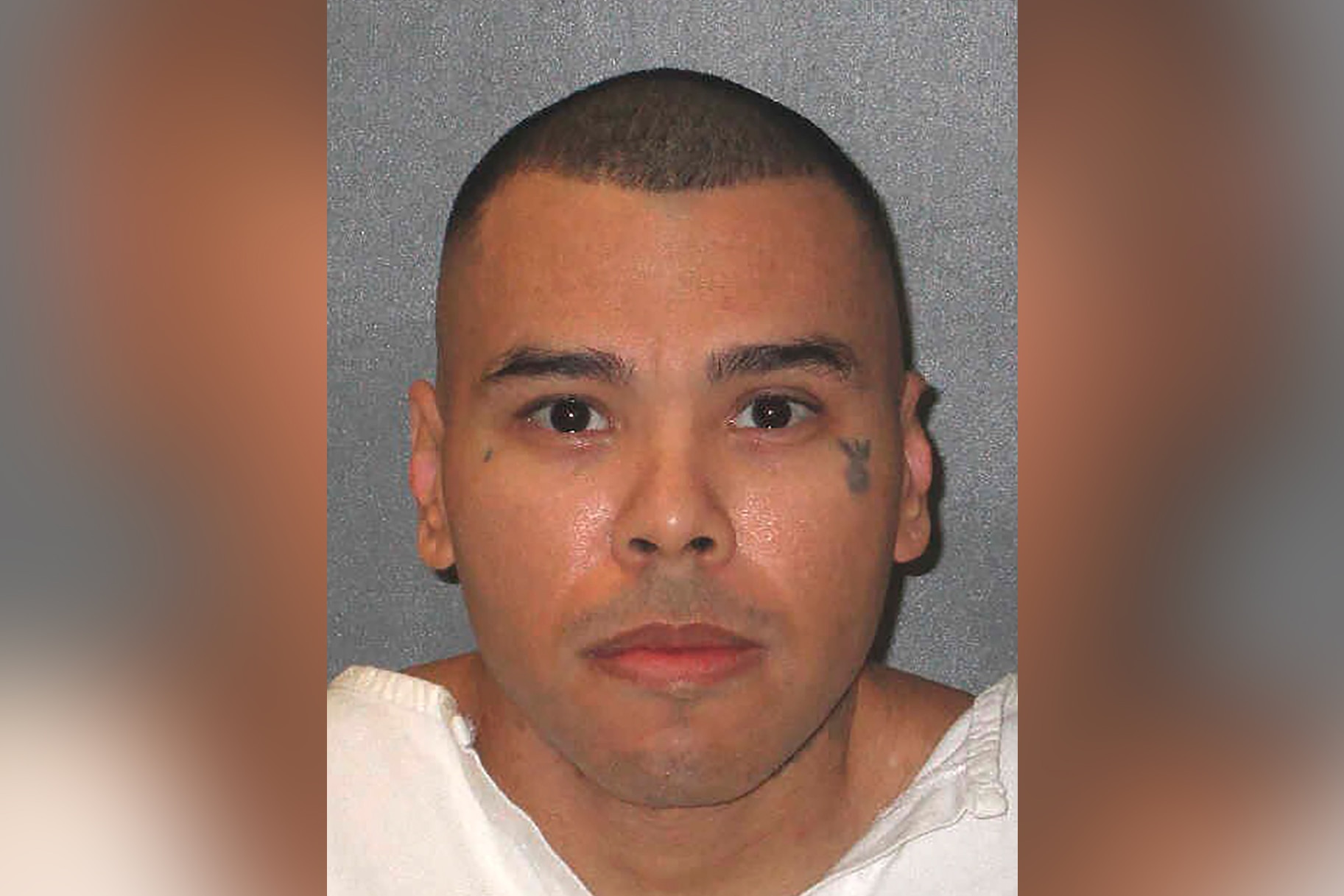Create a free profile to get unlimited access to exclusive videos, breaking news, sweepstakes, and more!
Texas Death Row Inmate Has Execution Stayed Because Of State Expert's ‘False Testimony'
The decision to send Ramiro Gonzales' case back to trial court just two days before his scheduled execution had nothing to do with his recent attempts to donate his kidney

The state of Texas has put the brakes on an inmate’s execution just two days before his scheduled lethal injection.
Ramiro Gonzales, 39, had his execution stayed after the Texas Court of Criminal Appeals decided to revisit the convicted murderer’s sentence, according to the Texas Tribune. Gonzales’s attorneys argued that a psychiatrist providing expert testimony for the prosecution made false statements during his 2006 trial that may have influenced the jury.
Namely, attorneys cited state expert Dr. Edward Gripon, a forensic psychiatrist who testified on recidivism rates of sex offenders.
Gripon has since referred to his own 2006 testimony as “inaccurate” and that newer studies showed the statistics of predators re-offending are much lower than previously estimated.
“Regarding the likelihood of recidivism for sexual offenses, I testified that there is lots of data out there about the person who commits forcible rape and the likelihood that they will continue that. The percentages are way up in the 80 percentile or better,” wrote Gripon in a May report. “However, we know now this statistic to be inaccurate.”
In recent reports, Gripon stated the information used in his testimony stemmed from a 1980s study that was published without proper citations. Gripon’s most recent findings, supported by peer review, found that the likelihood was far lower, especially for young offenders such as Gonzales, who was 18 when he raped and murdered 18-year-old Bridget Townsend.
Attorneys stated Gripon re-evaluated Gonzales and found he “does not pose a risk of future danger,” according to the Houston Chronicle.
Based on this, the Texas Court of Criminal Appeals agreed to send Gonzales’s case back to trial court, according to ABC Dallas affiliate WFAA. In its three-page decision, the court said attorneys proved that “testimony of recidivism rates Gripon gave at trial were false and… that false testimony could have affected the jury’s answer to the future dangerousness question at punishment.”
Sending Gonzales’ case back to Medina County does not mean that officials will review his case to determine guilt. Rather, they will be tasked with deciding whether the defendant should be granted a life sentence instead of the death penalty.
The decision comes just two days before Gonzales' lethal injection, which was scheduled for Wednesday.
Gonzales was convicted in 2006 for the rape and murder of Bridget Townsend after leading authorities to her body on his family’s rural property, according to the Houston Chronicle. He admitted to killing Townsend after she witnessed him stealing drugs from her boyfriend’s house.
When Gonzales confessed to the murder, he was already serving two life sentences for another woman’s 2002 abduction and rape.
Gonzales later said that confessing to Townsend’s murder was “the right thing to do” after he was moved by statements made by the victim’s mother.
According to the Texas Tribune, Gonzales’s attorneys also addressed his age in their most recent motion, citing multiple studies where experts in both the medical and legal professions have advocated for raising the age of capital offenders sentenced to death from 18 to 21.
Gonzales was 18 when he raped and murdered Bridget Townsend.
“In such emerging adults, the parts of the brain that enable impulse control and reasoned judgment remain not yet fully developed,” attorneys stated. “In a very real sense, 18-, 19-, and 20-year-olds are not yet the people they will ultimately become.”
Submitting Dr. Gripon’s new findings to the court was not the first attempt by attorneys to have Gonzales’s lethal injection delayed. In June, Gonzales’s legal representatives sought a stay of executions on the grounds that he wanted to donate a kidney “in keeping with his deeply religious convictions.”
Gonzales' spiritual advisor denounced claims that the inmate’s “altruistic” decision to donate his organ to a member of his congregation was “motivated by a last-minute attempt to stop or delay his execution.”
The Texas Board of Pardons and Paroles did not respond to requests from Oxygen.com, but according to WFAA, they ultimately denied Gonzales’s request to donate his kidney.
Gonzales also tried and failed to have his conviction overturned in 2009.
It remains to be seen whether or not the Texas Attorney General’s Office will appeal Monday's decision. Requests by Oxygen.com were not immediately returned.






















